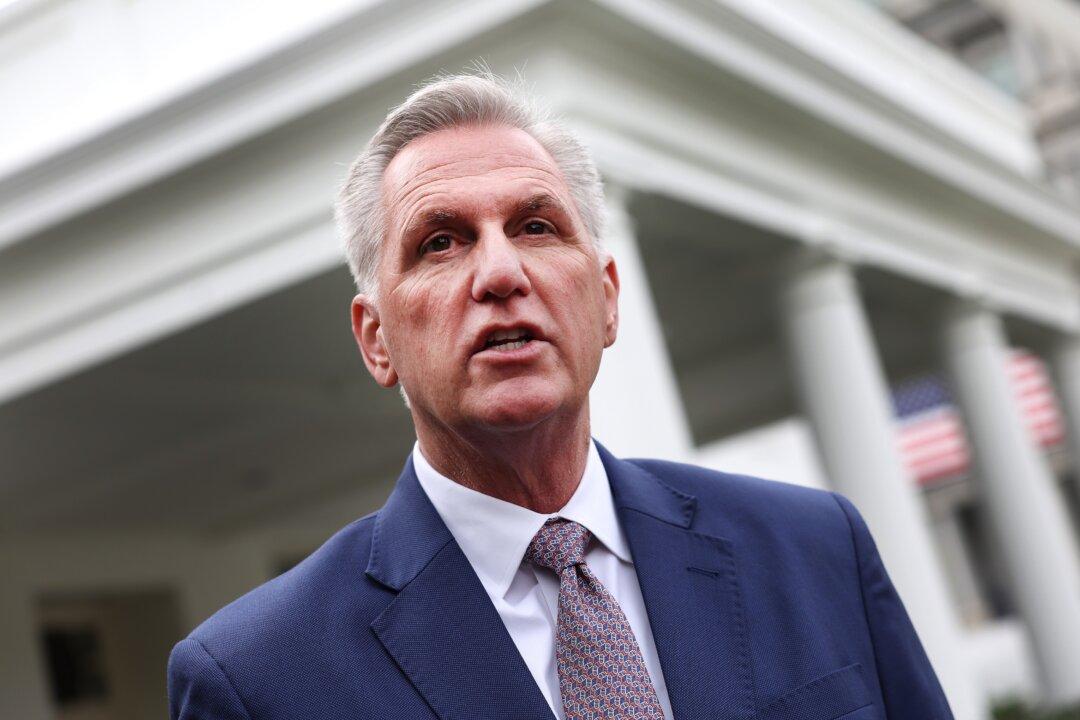The U.S. House of Representatives is set to elect a new leader on Jan. 3 as Republicans take control of the lower chamber.
Speakers typically come from the majority party and Rep. Kevin McCarthy (R-Calif.), the top Republican in the chamber since 2019, was nominated by GOP members as the party’s speaker candidate.





